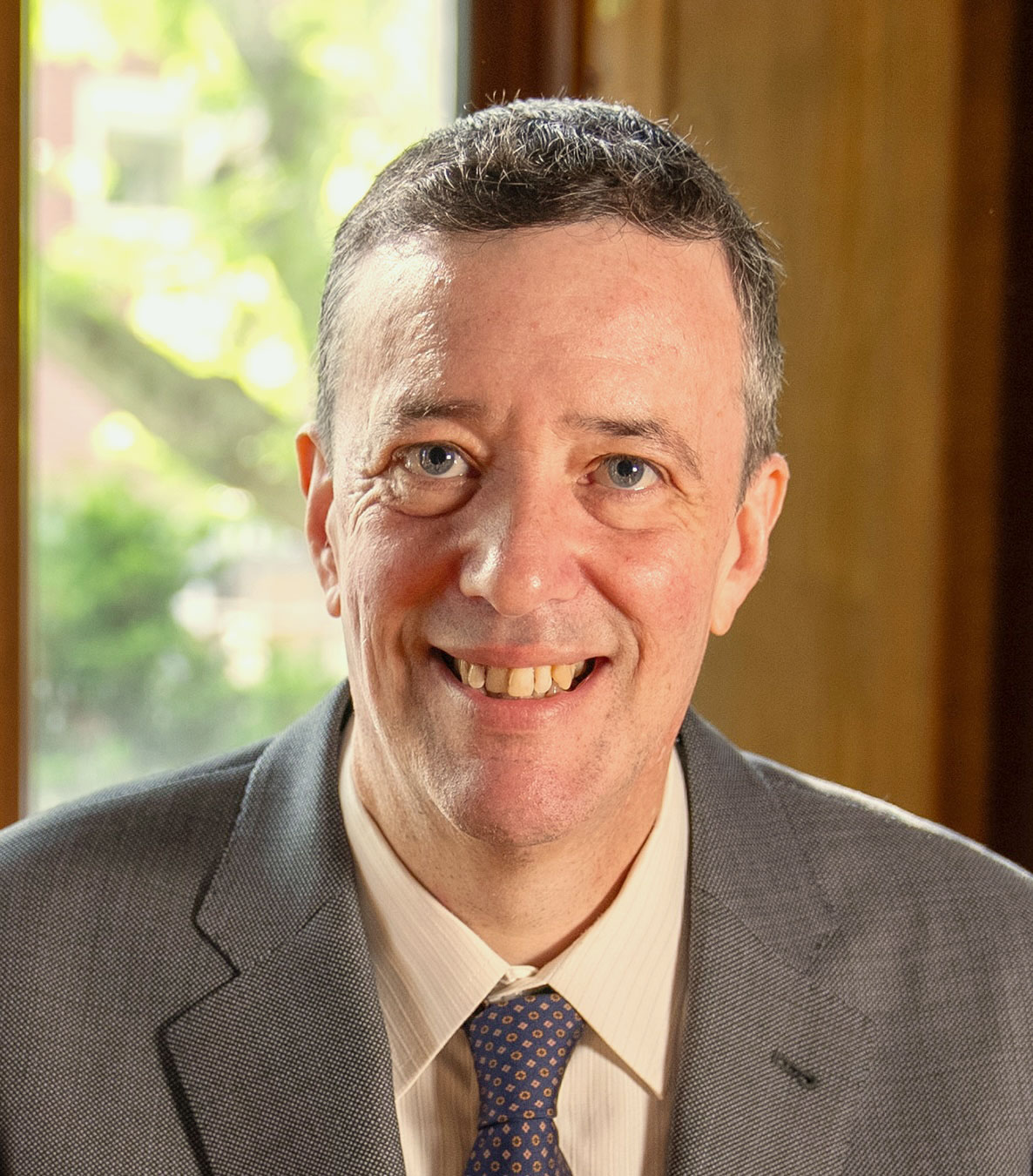Nicholas Coburn-Palo
Preceptor in Public Speaking, Harvard University

Courses & Programs
Management Master’s Degree Program
Negotiation and Organizational Conflict Resolution
About Nick Coburn-Palo
Dr. Nick Coburn-Palo serves as a full time faculty member at Harvard University, where he is a preceptor of public speaking. Coburn-Palo maintains an ongoing professional relationship with the United Nations Institute for Training and Research (UNITAR), as well as a leading continental economic think tank, European House – Ambrosetti. He earned his master’s and doctorate in political science from Brown University and has studied at the School of Industrial and Labor Relations at Cornell University. Coburn-Palo has also previously served as a program dean for international security studies at Yale University.
As a consulting negotiation trainer for UNITAR, he has worked with representatives from dozens of nations, including Egypt, Nigeria, Venezuela, Malaysia, South Sudan, Nepal, and Palestine. Coburn-Palo co-designed and taught the inaugural UN course for incoming security council nations on policy statement writing, working with the delegation from South Africa. In 2012, he presented at an ambassador level summit for the African Union in preparation for the Rio+20 Summit on Sustainable Development. In 2020, UNITAR retained him to create and teach an advanced course on negotiation strategy for dozens of diplomats from the South Korean Ministry of Foreign Affairs in the run-up to important regional security and economic negotiations.
Coburn-Palo has served as a lecturer in the department of communication studies at San Jose State University, where he has taught courses on persuasion, mediation, and global strategic communication. He has also worked to create and teach an online graduate seminar for the international affairs program of the Open University of Catalonia (Barcelona) on advanced negotiation tactics and strategies. Finally, Coburn-Palo has guest lectured at universities on four continents, including EAFIT University (Colombia), National Taiwan University (NTU), Stanford University, and the Warsaw School of Economics.